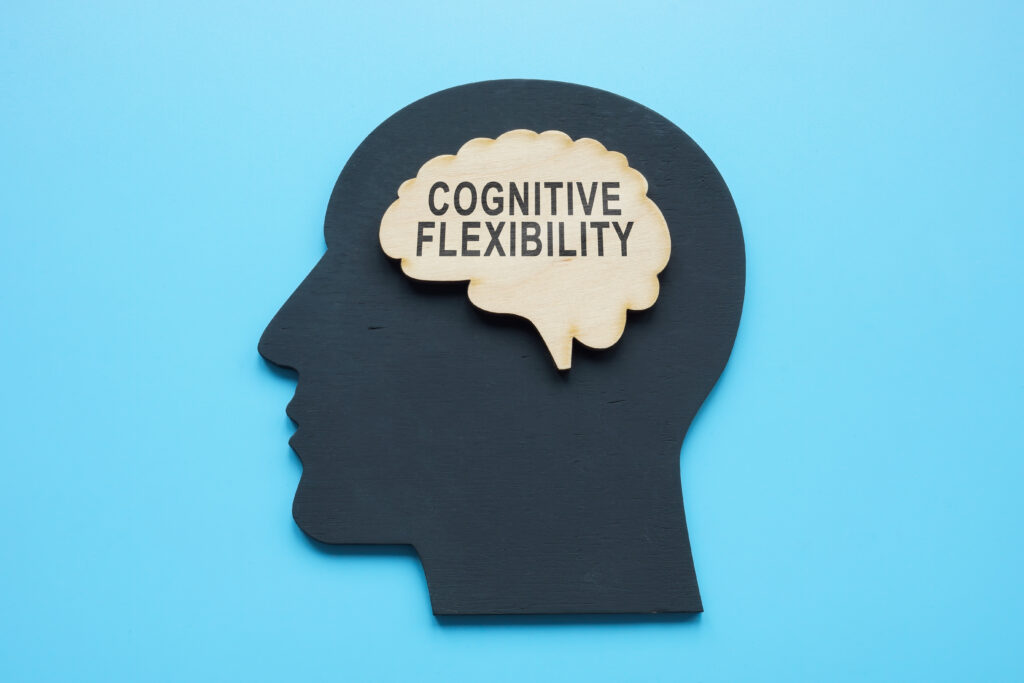Alzheimer’s disease is a progressive neurological disorder that affects millions of people worldwide. It is the most common form of dementia, accounting for 60-80% of all cases. Alzheimer’s primarily affects individuals over the age of 65, but it can also occur in people as young as 30. In this article, we will discuss the early stages of Alzheimer’s disease and how it impacts individuals and their loved ones.
What is Alzheimer’s Disease?
Alzheimer’s disease is a degenerative brain disorder that causes memory loss, thinking and behavioral changes, and ultimately, the inability to carry out daily activities. It is named after Dr. Alois Alzheimer, who first described the disease in 1906. Alzheimer’s disease is a complex condition with no known cause, but researchers believe that genetics, lifestyle, and environmental factors may play a role.
Early Symptoms of Alzheimer’s Disease
The early stages of Alzheimer’s can be difficult to detect as the symptoms are often subtle and may be attributed to normal aging. However, if you or your loved one is experiencing any of the following symptoms, it is important to consult a doctor for proper diagnosis and management.
1. Memory Loss
Memory loss is often the first symptom of Alzheimer’s disease. In the early stages, individuals may experience difficulty remembering recent events or conversations. They may also have trouble recalling names, places, and familiar objects. While occasional forgetfulness is a common part of aging, people with Alzheimer’s will often forget important information that they would usually remember.
2. Difficulty with Language and Communication
Individuals in the early stages of Alzheimer’s may struggle to find the right words or follow a conversation. They may repeat themselves or have trouble understanding what others are saying. As the disease progresses, they may also have difficulty reading and writing.
3. Confusion and Disorientation
People with Alzheimer’s may become easily confused, especially in unfamiliar settings. They may get lost in familiar places or forget how to get home. They may also lose track of time, seasons, and dates.
4. Changes in Mood and Behavior
Alzheimer’s can also cause changes in mood and behavior. Individuals may become irritable, withdrawn, or show signs of depression and anxiety. They may also experience changes in personality, becoming more agitated, aggressive, or suspicious.
5. Difficulty Completing Familiar Tasks
As the disease progresses, individuals may have trouble completing simple tasks they have done all their lives. This can include cooking, dressing, or even brushing their teeth. They may also have difficulty managing their finances or remembering appointments.
6. Forgetting Personal Belongings
People with Alzheimer’s may frequently misplace personal belongings, such as wallets, phones, and keys. As the disease progresses, they may have difficulty retracing their steps to find these items.
Coping with the Early Stages of Alzheimer’s Disease
The early stages of Alzheimer’s can be a frightening and frustrating experience for both individuals and their loved ones. As the symptoms gradually worsen, it is important to seek support and develop coping strategies to help manage the disease’s impact.
1. Get Educated
The first step in coping with Alzheimer’s disease is to learn as much as you can about the condition and its progression. This will help you understand what to expect and how to prepare for the future.
2. Stay Active
Regular physical activity has been shown to improve cognitive function and reduce the risk of developing dementia. Engage in activities that you enjoy, such as walking, dancing, or gardening.
3. Stay Social
Maintaining social connections is essential for individuals with Alzheimer’s disease. Plan regular outings with friends and family or join support groups where you can connect with others who understand what you are going through.
4. Seek Medical Help
If you or your loved one has been diagnosed with Alzheimer’s, it is important to seek medical help. Your doctor can provide guidance on managing symptoms and recommend treatments and therapies that can help slow the progression of the disease.
5. Create a Safe Environment
To prevent accidents and injuries, it is important to create a safe environment for individuals with Alzheimer’s. This includes removing or locking away potentially dangerous items, such as cleaning products, sharp objects, and medications.
In Conclusion
The early stages of Alzheimer’s disease can be challenging for both individuals and their loved ones. While there is no cure for the disease, early detection and management can help improve quality of life and slow the progression of symptoms. If you or someone you know is experiencing any of the symptoms mentioned above, it is crucial to seek medical help for proper diagnosis and treatment. Remember, you are not alone in this journey, and there are resources and support available to help you through the early stages of Alzheimer’s disease.


